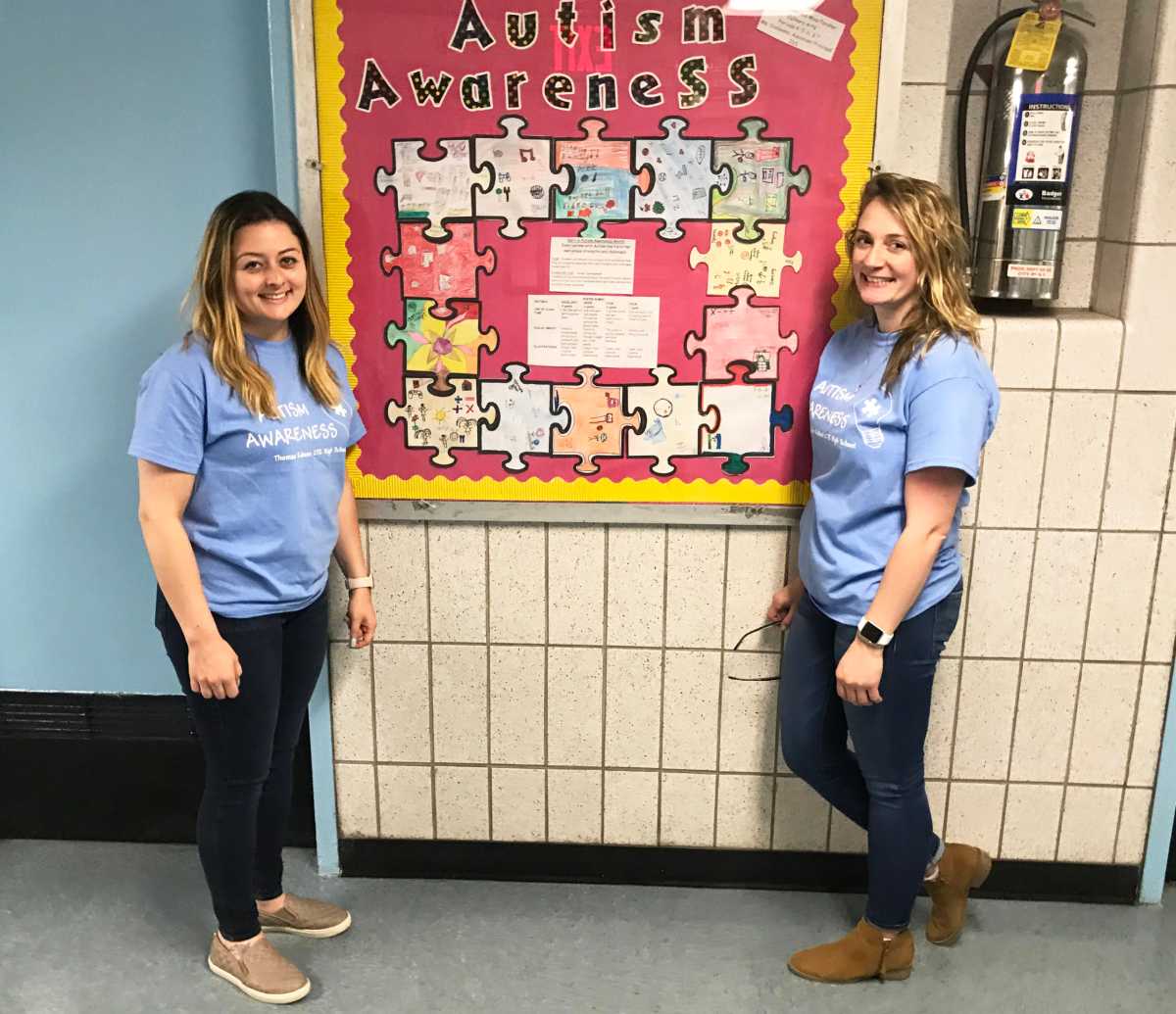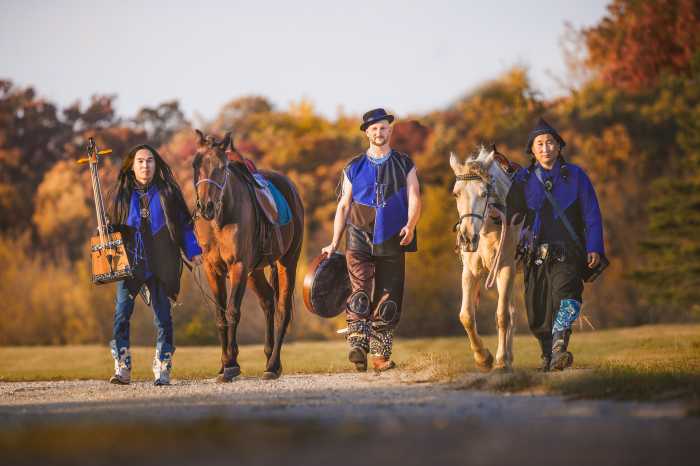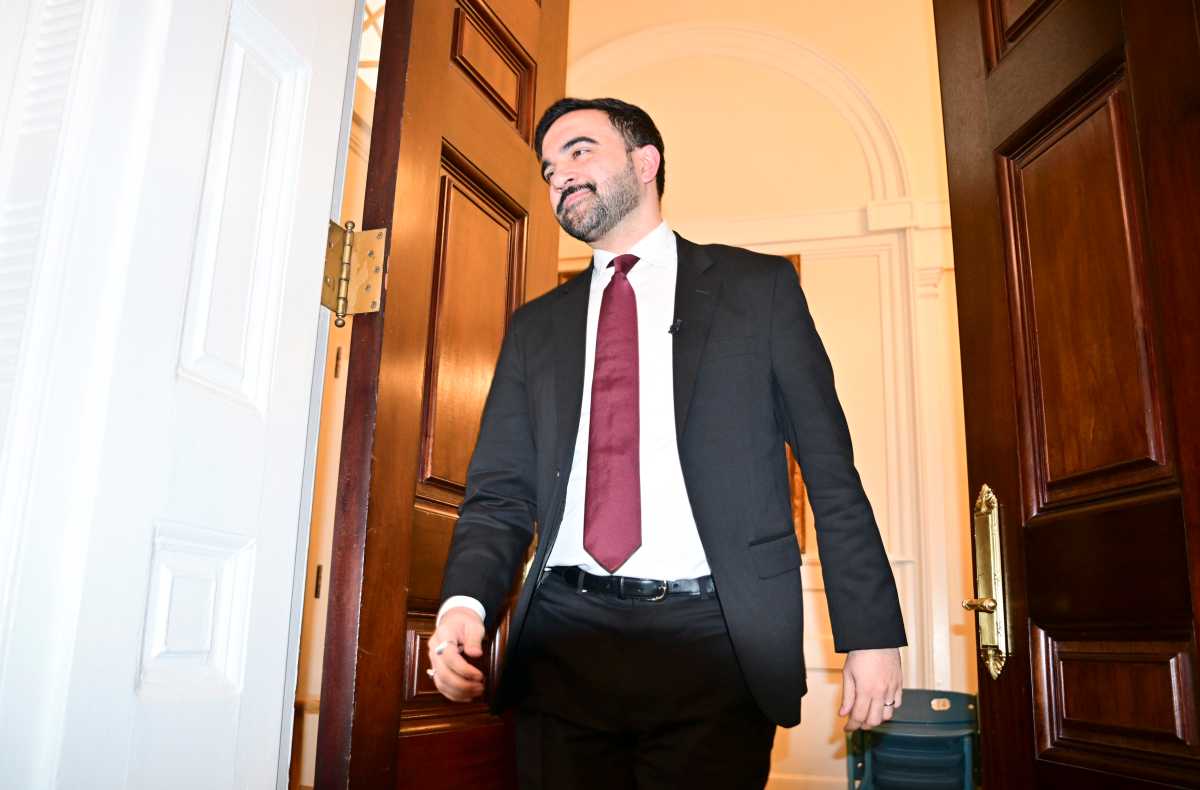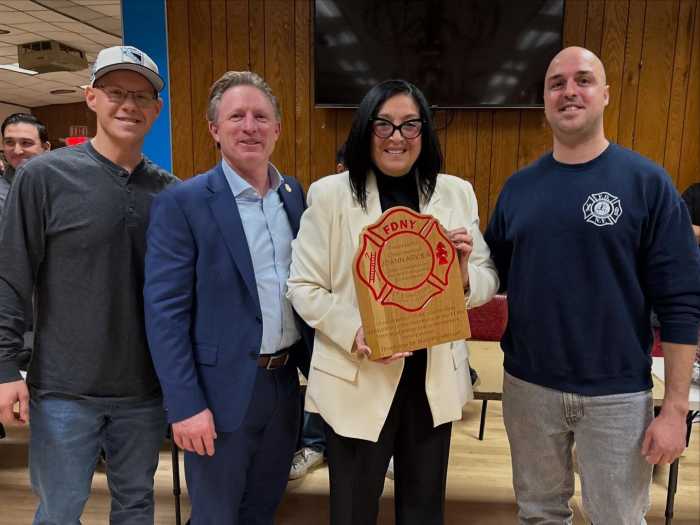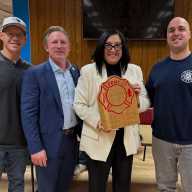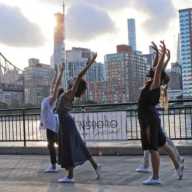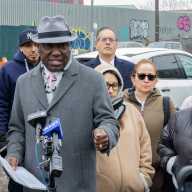Nicole Bellomo is known for developing a personal relationship with each and every one of her students at Thomas A. Edison Career and Technical Education High School in Jamaica.
Bellomo, who’s taught at Thomas Edison for 10 years, earned the Department of Education’s prestigious Big Apple Award for her exemplary work as a history and culinary arts teacher in the public school’s Instructional Support Services (ISS) department.
The winners for the eighth annual awards were announced as a surprise during a Zoom call about remote learning at the end of the school year with teachers and principals, which included Schools Chancellor Richard Carranza singing them a congratulatory song.
“It was something I was not expecting,” Bellomo said. “It was really, really surprising. And it was pretty awesome.”
The Big Apple Awards are a citywide recognition program that’s open to all full-time teachers in New York City public schools. The awards are made possible in part by private support through the Fund for Public Schools, which provides classroom grants to all recipients. Teachers can be nominated by fellow staff members, students and parents, and then have an application process that includes an interview with the school district’s superintendent.
Out of 6,000 nominations this year, Bellomo was the only Queens teacher among 19 teachers to receive the award.
Awardees will be Big Apple Fellows, meaning they will have the opportunity to meet monthly and serve on Carranza’s Teacher Advisory Group.
District 28 Superintendent Dr. Tammy Pete, said Bellomo’s students “are made to feel like they are contributing to their communities because they are truly prepped for the world after high school. These students do not just gain life skills though, they also gain the confidence they need to succeed in the world.”
In Bellomo’s culinary arts class, students learn the practical skills they need for everyday life, such as how to shop for groceries, prepare meals and do laundry. Fellow co-teacher Jessica Forster takes students grocery shopping to nearby stores so they can learn how to create shopping lists and find what they’re looking for.
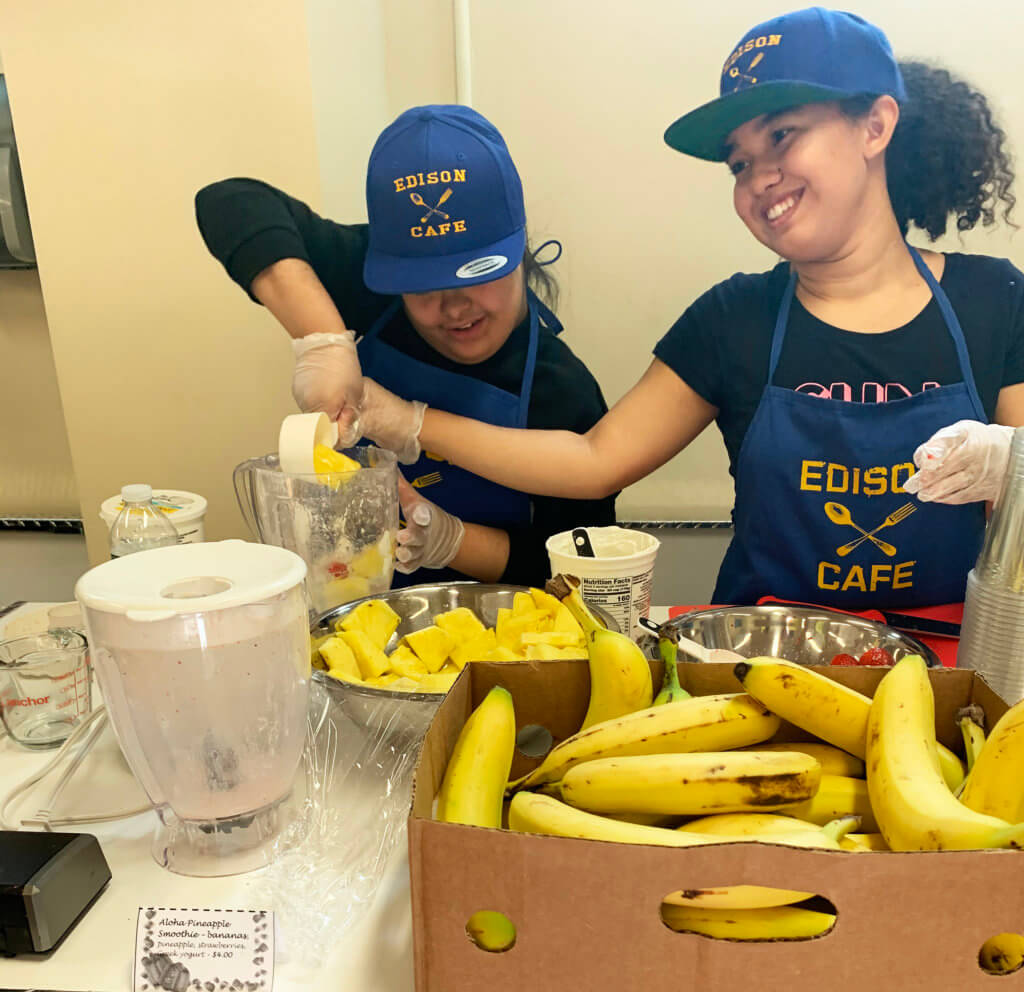
These are necessary skills to build the confidence to navigate life after high school, as most of her students won’t go on to college.
Bellomo also runs the Edison Café, where her students cook breakfasts and lunches that teachers and fellow students can purchase.
“Our goal was to create a program that would allow our intellectually disabled students to develop the skills that they need in the cooking industry and in the restaurant industry, but also give them the communication skills that they would need to succeed after high school,” she said.
Bellomo explained that the Edison Café allows students to learn more social skills as they interact with customers as well as gain money management skills.
Shanique Diaz said her son, Nelson, was a student at Thomas Edison for five years, where he attended Bellomo’s culinary arts class. Diaz said the program taught him what he needed to adapt his skills into life outside of school.
“He has developed a passion for the kitchen at home and likes to help me cook,” Diaz said. “He knows that it is very important to learn how to cook so that he can feed himself and others. Independently, Nelson likes to make paninis, quesadillas, sliders, salads, breakfast, soup, cookies and cakes. As Nelson continues to develop and grow from what he has learned, he looks forward to opening up a family restaurant in the near future.”

Bellomo contributed support during the transition to remote learning in March by participating in the Remote Learning Committee, advocating for ISS teachers and students, and serving as an Academic Intervention Support Teacher to assist many self-contained students in a one-on-one setting.
Bellomo said plans for their culinary arts program for the upcoming school year were still in the works, as they awaited the DOE’s much-anticipated guidelines for the fall. Mayor Bill de Blasio and Chancellor Carranza announced the 2020-21 school reopening plan amid the COVID-19 pandemic in the first week of August, which includes a blended learning model, socially distanced classrooms, mandatory masks, widely available testing and a contact tracing program.
Bellomo anticipates it “might be difficult” to figure out how to instruct their hands-on and often group lessons for their culinary program with new COVID-19 social distancing guidelines. DOE policy already required no more than 15 students per class, before the pandemic.
In the months following the city’s schools closures in order to slow the spread of the virus, Bellomo created a user-friendly experience for her 13 culinary arts students by providing audio, visual and text resources for all the lessons.
Bellomo said her school established a good schedule to provide live instruction between teachers and students.
While the culinary arts program presented a challenge due to its hands-on nature, Bellomo said they came up with short video instructions, her co-teacher recorded videos of them cooking certain recipes, and gave students assignments to submit videos of themselves following recipes.
“But we tried to maintain as much live communication with them as possible,” Bellomo said. “This population of students just loves to be in school and they love to learn.”

